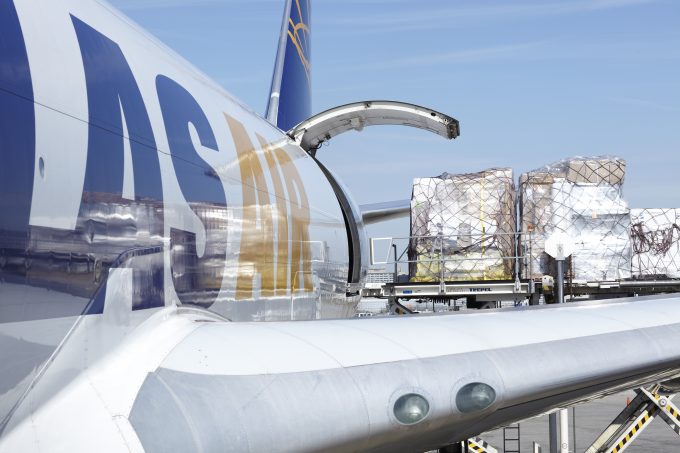So long then, Polar Air Cargo, and thanks for all the theatrics
An uncontrollable carrier?

A dearth of air freight capacity has pushed carriers to scramble to re-operate grounded aircraft.
Yesterday, the UK’s Civil Aviation Authority confirmed that the operating licence for Stansted-based Cargologicair (CLA) has been reinstated, along with its air operator certificate to fly its two 747 freighters again.
The ...
Bad news for shippers as wave of transpacific rate increases continues
No deals with carriers, say Houthis – Red Sea safe for non Israel-affiliated ships
Rapid transpacific capacity build-up continues – can USWC ports handle it?
Schenker's Shirley Sharma Paterson moves to K+N as global head of sales
Red Sea crisis has driven most new capacity into extended Asia-Europe trades
Carriers on the hunt for open tonnage again as transpacific rates soar
Dates to watch for in the latest chapter of TACO's tariff travail
Freighter capacity on the rise, with air cargo demand expected to pick up

Comment on this article